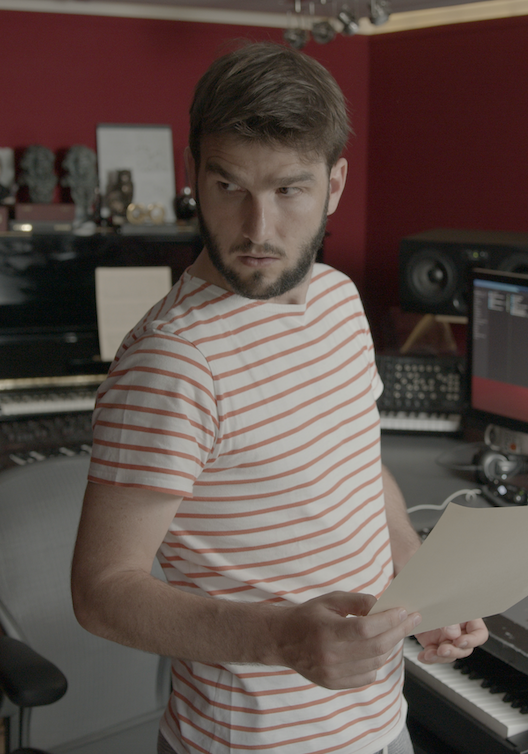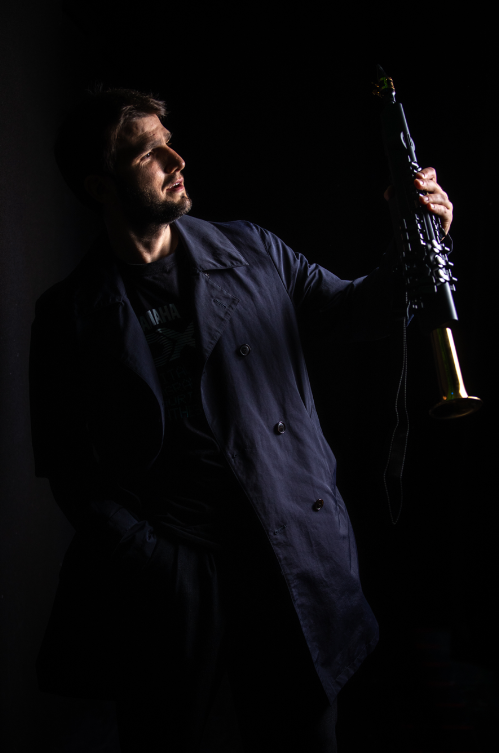Spanish composer Lucas Vidal kicked off his music career by becoming the youngest Berklee College of Music student ever to compose and record the score to a feature film with a full orchestra, going on to score for blockbuster films including Fast & Furious 6 and movie trailer and TV promo music for everything from The Hunger Games to Succession. He explains how a combination of passion and pizza got him where he is today.
How did you come to be the youngest Berklee College of Music student ever to compose and record score to a feature film with a full orchestra?
I was 19 or 20 and I was obsessed with recordings and composing, so I would stop students that were walking by from other schools like the New England Conservatory or the Boston Conservatory at Berklee, and I would ask them to play for my recordings.
They would ask me if I had the money, and I would tell them, ‘No, but I have a recommendation letter and pizza’. So the pizza element was a key element during my recordings because they all loved them!
There was a producer that heard about my work and decided to hire me, so it was a big surprise for me. I started with five players for my first recording, then I decided to record with 10, then 20, then 30, then 50, 60, then 80, then 100 players.
I remember that for my graduation project I ended up at the Boston Symphony Hall with 160 players. It was insane! I even invited the mayor of Boston, and he came! It was a big event.




